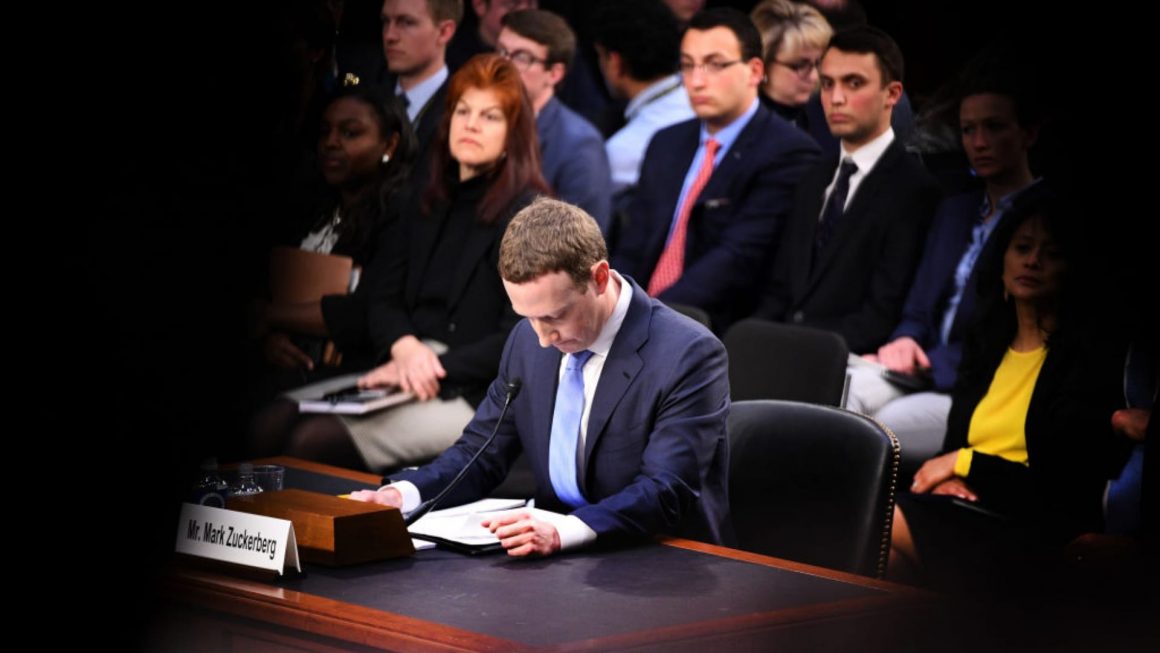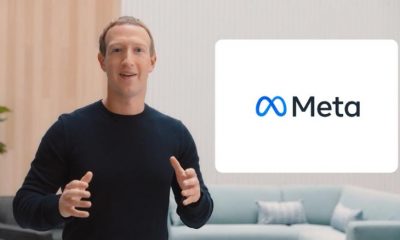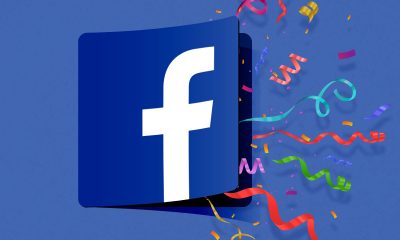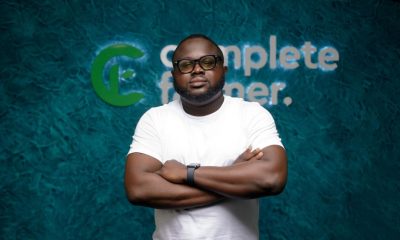Facebook, Instagram and WhatsApp down in global outage: THIS IS WHY
Facebook Inc has said it is working to restore access to its social media platforms, including photo-sharing platform Instagram and messaging app WhatsApp, after an apparent global outage.
The platforms were down for tens of thousands of users on Monday, according to outage tracking website Downdetector.com.
The website was showing outages in heavily populated areas like Washington, DC, and Paris, with problems being reported from about 15:45 GMT.
“We’re aware that some people are having trouble accessing our apps and products,” Facebook said on Twitter. “We’re working to get things back to normal as quickly as possible, and we apologize for any inconvenience.”
A similar message confirming the outage also was posted on WhatsApp’s Twitter account.
The error message appearing on Facebook.com read: “Sorry, something went wrong. We’re working on it and we’ll get it fixed as soon as we can.”
Facebook did not immediately respond to requests for comment from the Reuters and AFP news agencies on the outage. WhatsApp was down for more than 35,000 users, Reuters reported. Facebook Messengers was also down for nearly 9,800 users, according to the news agency.
Al Jazeera’s Alan Fisher, reporting from Washington, DC, said users in the US, Europe, Africa and the Middle East have reported outages.
“This seems like a global outage, and it’s already gone on a lot longer than the 2019 shutdown which lasted for about an hour, which was caused by technical problems, according to WhatsApp then,” Fisher said.
“This is obviously very concerning,” he said, pointing out that it remains unclear what has caused the outage.
The error message on Facebook’s webpage suggested a Domain Name System (DNS) error, Reuters reported.
Downdetector, which only tracks outages by collating status reports from a series of sources, including user-submitted errors on its platform, showed there were more than 50,000 incidents of people reporting issues with Facebook and Instagram.
But the outage might be affecting more users.
Ian Sherr, editor-at-large at CNET, told Al Jazeera that judging by early reporting on the outage and the error messages users received on Monday, it appears most likely that “something is configured incorrectly”.
“My bet is that someone pushed a button wrong, or a cord got unplugged, which seems very minor but the reality is that we’ve seen these things before where suddenly something is configured incorrectly and entire swaths of the internet are not available,” Sherr said.
Last night, the whistleblower who handed a trove of documents to Congress, the Securities Exchange Commission, and The Wall Street Journal appeared on 60 Minutes and revealed her identity. Frances Haugen, a former product manager in Facebook’s now-disbanded Civic Integrity Unit, said things were “substantially worse at Facebook than anything I’d seen before.” Her goal, in coming forward, is to “fix the company, not harm it.”
Haugen talked about a list of things she found as she began digging through company documents and research on the company’s Workplace site, a sort of corporate internal social network. For example, she talked about how Facebook’s research shows that people are more likely to engage with content that makes them angry, and engagement leads to monetization.
“Facebook has realized that if they change the algorithm to be safer, people will spend less time on the site, they’ll click on less ads, they’ll make less money,” Haugen told 60 Minutes reporter Scott Pelley.
The most devastating revelation, however, is one that most people already knew — Facebook’s biggest problem is its founder and CEO, Mark Zuckerberg.
“I have a lot of empathy for Mark,” Haugen said. “And Mark has never set out to make a hateful platform. But he has allowed choices to be made where the side effects of those choices are that hateful, polarizing content gets more distribution and more reach.”
Haugen is probably too generous to Zuckerberg. He didn’t “allow choices to be made,” he set the tone. He made the choices. Zuckerberg exerts almost complete control over Facebook. If he believed something was wrong, he could change it and there’s nothing anyone could do. No single shareholder exerts more control over any publicly-traded company than Zuckerberg does at Facebook.
Facebook is exactly as Mark Zuckerberg wants it to be. That leads to an important lesson: Everything rises and falls on leadership.
Organizations take on the character and values of their leaders. Never has that been more the case than at Facebook. Zuckerberg sees Facebook as some altruistic force for good in the world and thinks that its net benefits far outweigh any problems it creates.
Of course, if you were building something like Facebook, you’d have to believe that. There’s no way you could get up and go to work every day if you think that the thing you were building was destroying individual lives and undermining democracy.
Facebook likes to point out that the problem isn’t with Facebook, but with the internet — that it is people who share that content, and the company is working hard to combat misinformation, hate, and fake news.
Except everything Facebook does is to increase engagement, and it turns out, that’s the content that gets the most of it. Putting an end to all of that terrible content on its platform is very hard (as Zuckerberg recently admitted), but even if it wasn’t, it would be bad for business.
Andy Stone, a spokesperson for Facebook, pushed back in a statement to the Journal:
Every day our teams have to balance protecting the right of billions of people to express themselves openly with the need to keep our platform a safe and positive place. We continue to make significant improvements to tackle the spread of misinformation and harmful content. To suggest we encourage bad content and do nothing is just not true.
The problem with Facebook’s argument is that, as the whistleblower has shown, Facebook knows exactly how bad it is for the world. Sure, helping families connect is a good thing, but it comes at a huge cost. Facebook knows exactly what that cost is, and has intentionally decided it’s worth it to keep the profit machine going. That’s on Zuckerberg.
Ultimately, Zuckerberg has shown that he isn’t objective about the effects of what he built on the world. He has shown that he isn’t able to see Facebook for what it is, rather, he still views it as some idealistic platform that only exists in his own mind. That’s a problem, because Zuckerberg’s lack of awareness has real-world consequences.
If Zuckerberg were to hand over control of the company he started in his Harvard dorm room, he’d still be fantastically rich. He’d still be a part of one of the most incredible Silicon Valley success stories ever. He’d go down as one of the world’s most successful entrepreneurs of all time.
He’d just be giving up control of one of the world’s largest and most important social platforms. As hard as that might be, if Zuckerberg really cares about making Facebook a force for good, getting out of the way might just be the one thing that could make that happen.






























